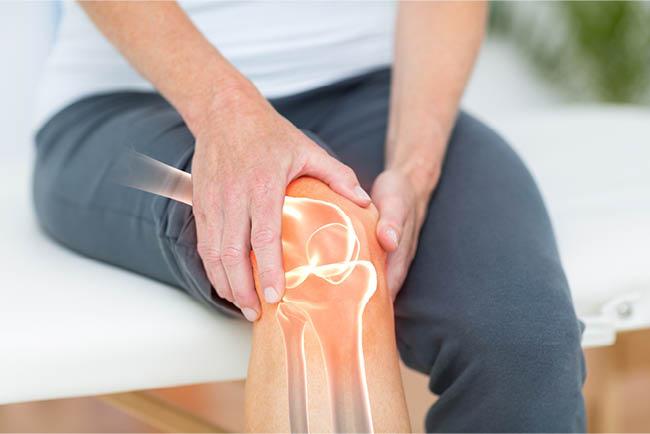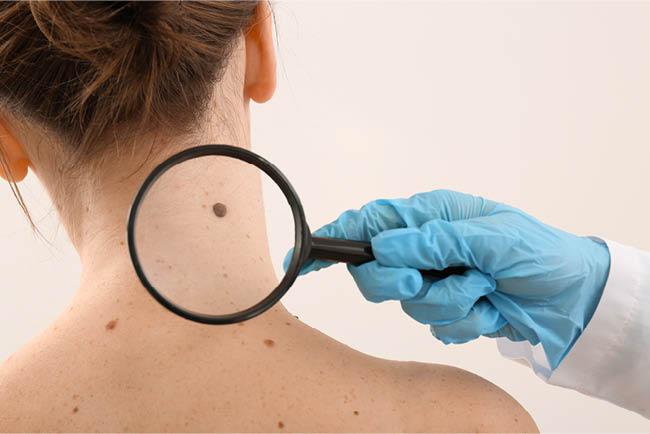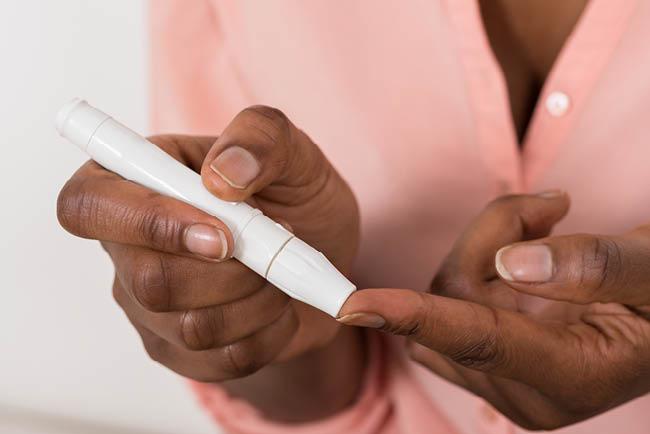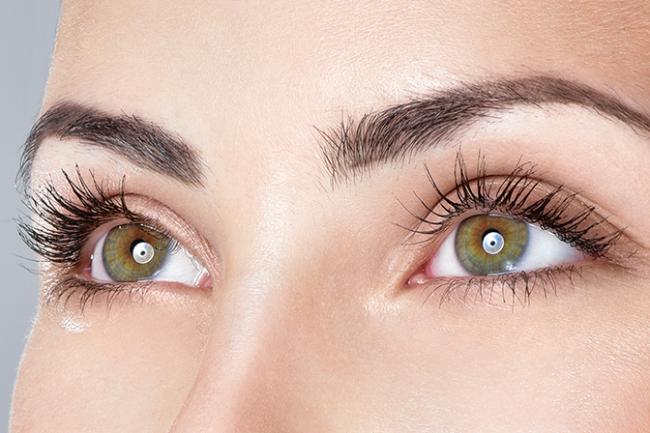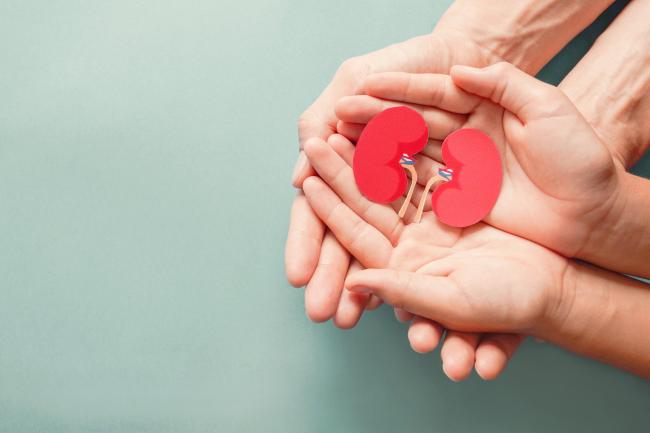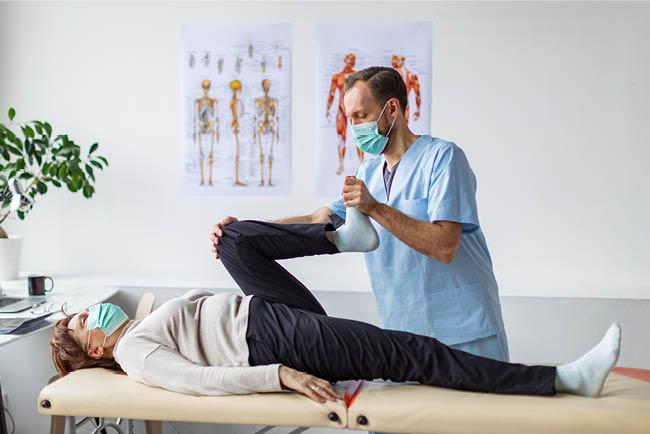Search Studies
Research studies are looking for volunteers just like you. Both healthy volunteers and participants with specific health conditions are needed to help answer important questions impacting the health of our friends and family. Join us to improve the health of others.
-
CP-MOVES: Standing Intervention for Children with Motor Delays.
Official Title CP-MOVES: Complex rehabilitation technology enabled Physical activity for children with Motor delays Via telehealth in natural EnvironmentsPurpose
This study will examine physical activity, sleep, and quality of life in children with severe motor delays and their parents before and after an 8-week intervention using adaptive standers.
Parents with a child with severe motor delay will enroll with their child (up to 1 parent per child). Both parent and child will participate in one telehealth-supervised session per week and two unsupervised sessions per week. Both parent and child will wear activity trackers on the wrists and waist for 1 week before and 1 week after treatment in order to measure physical activity and sleep. Parents will also complete surveys on quality of life before and after treatment.
Could this study be right for you?
- Medical diagnosis causing motor delay
- Unable to stand independently
- A parent or primary caregiver able to enroll as a participant in the study
- Internet or cellular service to join telehealth sessions
- Live within 100 miles of Ohio State University or willing to travel to the lab for one visit
Age Range
1 - 6 years -
Living Well with Advanced Breast Cancer
Official Title Living Well with Advanced Breast CancerPurpose
The purpose of this study is to understand how patients with advanced breast cancer are using supportive care, what has helped them, what has been hard, and what kind of help they still need. Our goal is to learn from patients and caregivers about met and unmet survivorship care needs, including care that focuses on improving health and well-being of a person living with cancer.
Study participants would be asked to complete a brief survey on their demographics via phone or email. Participants will then complete a one-time interview with our study staff via zoom, phone call, or in person, depending on preference. During the interview, the study team will ask for feedback on patient and caregiver experience and needs regarding support services.
Total study participation is less than 2 hours and can be done remotely.
Could this study be right for you?
- Diagnosed with stage 4 metastatic breast cancer within the past 5 years
- A patient in the Medical Oncology Clinic at Stephanie Spielman Comprehensive Breast Center (SSCBC)
Age Range
18 - 110 years -
TBI and other Acquired Brain Injuries Study
Official Title Resource Mapping for Families of Children with Brain InjuryPurpose
The purpose of this study is to assess the family needs of children with a brain injury. We want to explore your experiences getting care, the barriers, and facilitators your family has faced in navigating and accessing services after hospital discharge, and your ongoing unmet needs.
Could this study be right for you?
- You are a primary care giver of a child that sustained a brain injury
- Your child was hospitalized for an overnight stay as a result of their brain injury
- Your child was 18 or younger when their brain injury occurred
- You speak English
Age Range
19 years and up -
Participate in an Eight-week Online Mind-body Research Intervention for Brain Health in Males
Official Title Internet-based Mind-Body Training (iMBT) for Brain HealthPurpose
The internet-based Mind-Body Research Intervention aims to promote brain health in males 50 years of age or older, who have cognitive concerns but no formal diagnosis of mild cognitive impairment or dementia.
Participation will involve web-based, phone-based, and in-person assessment sessions. Assessment session will include a blood draw, neuropsychological assessments, MRI scan, and Fitbit tracking. Followed by the eight-week online internet-based mind-body intervention where participants are invited to complete one 2.5 hour session per week at their own pace.
Could this study be right for you?
- At least 50 years old and concerned about your memory or attention
- Fluent in English
- Access to WiFi at home
- Never diagnosed with mild cognitive impairment or dementia
- Live in the Greater Columbus Metropolitan area
- Willing to commit to a virtual research intervention and in-person assessments
- Gender: Male
Age Range
50 years and up -
Blocking Orexin Receptors to Help Treat Alcohol Addiction and Stress-Driven Drinking
Official Title OASIS - Orexin Receptor Antagonism for the Treatment of Alcohol Use Disorder and Stress-Related DrinkingPurpose
This study will look at whether suvorexant can help treat alcohol use disorder, how it works, and who it works best for. Suvorexant is a medicine that blocks certain brain signals linked to wakefulness.
Your total participation time in this study will be approximately 9 weeks.
Could this study be right for you?
Inclusion Criteria:
- Age 18-65
- Participant is able to give informed consent
- Engage in heavy alcohol use defined as drinking ≥14 standard drinks per week if male and ≥7 standard drinks per week if female.
General - Exclusion Criteria
- Clinically significant medical or neurological condition (e.g., liver disease, narcolepsy, complex sleep behaviors, severe hepatic impairment, COPD, severe obstructive sleep apnea)
- Current or past DSM-5 diagnosis of mania, schizophrenia, psychosis
- Past suicide attempt within 3 years or presence of moderate suicidal ideation
- Engage in night-shift work
Age Range
18 - 65 years -
Help Co-design a New Emotion Mapping Tool to Improve Patient-Provider Communication
Official Title Co-designing a Emotion Mapping Tool to Enhance Patient-Provider CommunicationPurpose
The objective of this research is to co-design with former inpatients to gradually refine and reimagine an emotion mapping toolkit through co-design workshops hosted at The Ohio State University (OSU) campus.
This research will ultimately inform future work aimed at enhancing patient engagement, emotional empowerment, and satisfaction through improved communication practices and the creation of actionable emotional data in healthcare settings.Your time involved with this study will be approximately 1 hour.
Could this study be right for you?
- Former inpatient who had been hospitalized for 3 or more days within the last 6 months
- Able to attend in-person workshop at The Ohio State University Columbus Campus
Age Range
18 years and up -
Improving Physical Ability and Cellular Senescence Elimination in HIV
Official Title Improving Physical Ability and Cellular Senescence Elimination in HIV (IPACE-HIV)Purpose
The purpose of this study is to evaluate the safety and tolerability of dasatinib and quercetin (D+Q) and efficacy of this regimen in improving physical function outcomes in people with HIV (PWH) who are frail or prefrail.
Could this study be right for you?
- People living with HIV ≥50 years diagnosed with HIV 10 or more years ago
- Currently on combination antiretroviral therapy
- Currently virologically suppressed
- Must meet FFP criteria & have 4-meter gait speed in the range of .5-1.2 m/sec
Age Range
50 years and up -
An Infusion Study for Patients with Newly Diagnosed Type 1 Diabetes
Official Title A randomized, double-blind, Phase 3 study to investigate efficacy and safety of teplizumab compared with placebo in participants 1 to 25 years of age with recently diagnosed Stage 3 Type 1 Diabetes (T1D)Purpose
This study is testing a medicine called teplizumab to see if it can help people aged 18 to 25 who were recently diagnosed with Type 1 Diabetes (T1D). The goal is to find out if teplizumab can protect the cells in the body that make insulin, which helps control blood sugar.
People with T1D usually lose these insulin-producing cells over time, and this study wants to see if teplizumab can slow down or stop that process. Everyone in the study will continue using insulin as usual, but some will also get teplizumab (or a placebo, which has no medicine) through IV infusions.
Researchers hope this treatment will:
-
Help the body keep making some of its own insulin
-
Reduce the amount of insulin people need to take
-
Improve blood sugar control
-
Lower the risk of very low blood sugar levels
The study will last about 84 weeks (a little over a year and a half), and participants will have regular checkups and tests to see how well the medicine works and how safe it is.
Could this study be right for you?
- Must be diagnosed with Type 1 Diabetes in the past 2 months
- Must have had a positive test for at least one Type 1 Diabetes antibody
- For female participants of childbearing potential - must use a contraception method (or abstinence)
Age Range
18 - 25 years -
-
A study testing whether a one-time procedure can improve blood sugars in patients age 22-70 with Type 2 Diabetes who are not on insulin
Official Title A Multicenter, Randomized, Double-blind, Sham-controlled study for Assessing the Safety and Effectiveness of Endoscopic Intestinal Re-Cellularization Therapy in Individuals with Type II Diabetes (ReCET Study)Purpose
To test the efficacy of a one-time non-surgical endoscopic procedure on improved glycemic control in patients with type 2 diabetes who are not on insulin.
Could this study be right for you?
Participants are eligible to be included in the study if all of the following criteria apply:
1. 22-70 years of age, inclusive.
2. T2D diagnosis for at least 6 months.
3. HbA1c of 7.5-10.5%, inclusive, determined by central laboratory. If the individual is on four glucose-lowering medications, HbA1c should be between 7.5% and 9.0%.
4. BMI 27-40 kg/m2, inclusive.
5. On 2-4 non-insulin glucose lowering mediations or on monotherapy with either GLP-1, or GLP-1/GIP medications, with no changes in medication or dosing for at least 12 weeks prior to the baseline visit.
6. Individualized metabolic surgery (IMS) score ≤ 115.
7. Weight stability (defined as a < 5% change in body weight) for at least 12 weeks prior to the screening visit.
8. Agree not to donate blood during participation in the study.
9. Able to comply with study requirements and understand and sign the Informed Consent Form.
10. Women of childbearing potential must be not pregnant and using an acceptable method of contraception throughout the study.
11. Willing and able to comply with study visits and study tasks as required per protocol.Age Range
22 - 70 years -
A Study to Evaluate Investigation Drug, BHV-7000, in Patients with Refractory Focal Onset Epilepsy
Official Title A Phase 2/3 Multicenter, Randomized, Double-Blind, Placebo-Controlled, Study to Evaluate the Efficacy, Safety and Tolerability of BHV-7000 in Subjects with Refractory Focal Onset EpilepsyPurpose
This research is being done to see the effectiveness and safety of a new drug called BHV-7000 as a possible treatment for focal seizures for patients who are taking anti-seizure medications (ASMs) and still experiencing seizures. Refractory focal epilepsy is when someone continues to have focal seizures despite treatment with ASMs or other treatments.
People who take part in this study will be randomly assigned to either study medication or a placebo, will participate for up to 5 months, and the study includes up to 7 in-person visits.
Could this study be right for you?
- Experiencing at least 4 or more observable focal seizures per month
- Taking at least 1 and up to 3 anti-seizure medications
- Do not have a history of cluster/repetitive seizures (which you were not able to individually count) in the past 6 months
- Between the ages of 18 to 75
Age Range
18 - 75 years -
Phase 3 Study to Evaluate Investigational Drug, XEN1101, in Patients with Primary Generalized Tonic-Clonic Seizures: XPF-010-303
Official Title A Randomized, Double-blind, Placebo-Controlled, Multicenter Phase 3 Study to Evaluate the Safety, Tolerability, and Efficacy of XEN1101 as Adjunctive Therapy in Primary Generalized Tonic-Clonic SeizuresPurpose
In this research study a study drug named XEN1101 is being tested for the treatment of seizures. The main purpose of this study is to determine if XEN1101 can reduce the seizure frequency and if it is safe to use. People who take part in this study will be randomly assigned to either study medication or a placebo, will participate for up to 5 months, and includes up to 7 in-person visits.
Could this study be right for you?
- Experiencing at least 3 PGTCS in an 8-week period
- Have tried at least 2 anti-seizure medications without success
- Do not have a history of cluster/repetitive seizures (which you were not able to individually count) in the past 12 months
- 18 years old and up
Age Range
18 years and up -
Distressing Thoughts Study
Official Title Identification of novel signatures of proximal changes in the severity of suicide risk statesPurpose
This study will examine how people experience mental health symptoms, distress, and suicidal thoughts in their daily lives, to identify signs that indicate that someone's suicide risk is getting worse or improving. We will recruit people who are at different levels of suicide risk.
You will be asked to complete a survey about your life experiences, mental health symptoms, suicide thoughts, and coping strategies. You will also be asked to complete short surveys on your phones several times a day for 28 days to understand how suicide risk changes over time, and you will be provided with mental health resources you can access if in crisis.
Could this study be right for you?
- aged 18+
- the ability to speak, read, and understand English well enough to participate in study procedures
- comfort with smartphone technology
- are currently a U.S. resident
- participants must endorse suicidal ideation in the past week
- and/or endorse an suicide attempt, aborted attempt, or interrupted attempt within the past month
Age Range
18 - 100 years


